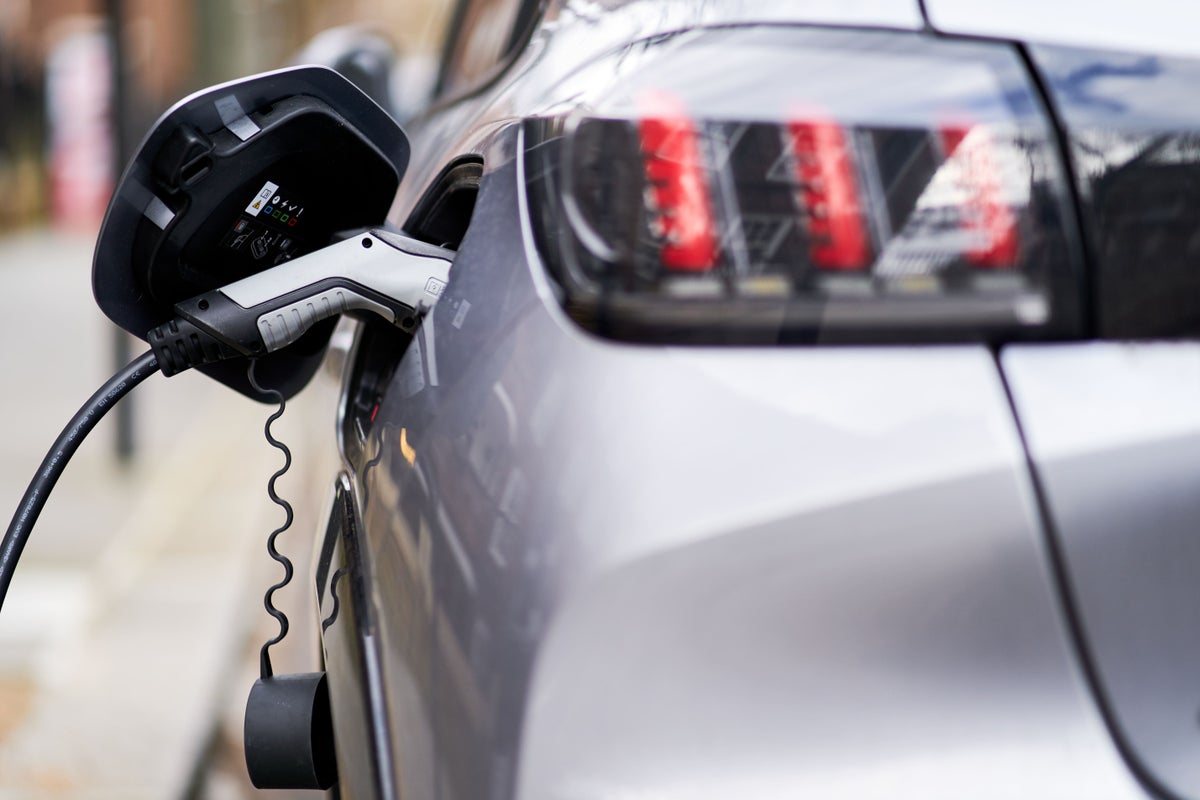
Electric car owners will have to pay thousands in luxury vehicle taxes starting next year.
The news comes after October’s Budget, where it was announced there will be an increase to first-year tax rates for petrol, diesel and hybrid vehicles in order to push consumers towards electric vehicles (EVs).
Since 2020, zero-emission motors have been free from the fee, however, Labour is carrying out Tory plans to reinstate them starting in April.
Which cars will be subject to the ‘luxury car tax’?
The plans state that EVs with a list price of more than £40,000 that are registered after April 1 will be subject to additional vehicle excise duty (VED), much like traditional vehicles. It is due for five years from the beginning of the second year of ownership and will cost £425 annually.
For the start of 2025, all EV owners will also be required to pay conventional VED. In the first year of registration, it will cost £10 and, after that, it will cost the usual £195 annually.
With no first-year rebate, anyone who purchased an EV after April 2017 will likewise be required to pay £195 annually starting in April.
Is your vehicle affected?
Seventy per cent of new EVs will be subject to the luxury tax, according to a report made by Auto Express.
This implies that owners will pay an extra £2,125 in VED between years two and six, bringing the total VED payment for EVs to more than £40,000, or £3,110, for the first six years of ownership.
When purchasing a second-hand EV, the costly car supplement will still be in effect if the vehicle was registered after April and was initially sold for more than £40,000. It is anticipated to have a significant effect on the second-hand market and could deter individuals from switching.
Sir Keir Starmer intends to outlaw hybrid vehicles by 2035 and phase out the sale of cars with internal combustion engines by 2030.
However, most drivers considering switching to electric vehicles will find the fee a burden because EVs are often one-third more expensive than combustion-powered vehicles.
